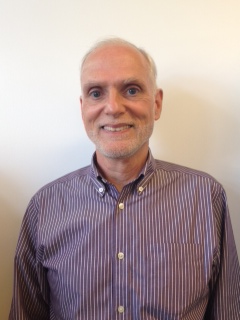Young people frequently listen to adults talk, question, give advice, direct, correct, educate, praise, cajole, and more. But what if youth had an opportunity to educate adults, such as parents, teachers and others? Would a youth voice sway adult attitudes and understandings regarding communication, youth culture, parenting approaches, adolescent substance use?
Based on experience from conversations over the last seven years the answer to the above questions is a resounding “yes.”
What is a Capacity Café?
A Capacity Café is a youth-friendly environment where youth openly talk about what matters to them while adults sit and listen! It is a unique, structured opportunity where grownups can come to understand and appreciate life from a youth’s perspective, thus becoming better equipped to support and be an ally for youth.
How is a Capacity Café conducted?
Capacity Cafés are held several times a year in local Vancouver high schools and are organized by SACY, the School Age Children and Youth Substance Use Education and Health Promotion Initiative. Secondary school students with and without substance use experience are recruited, primarily from those whose voices are least attended to by adults. Prior to the café, these young people participate in activities with SACY facilitators to help them develop trust and comfort within a group setting, build confidence and a sense of safety for speaking their truth, and prepare for a larger group discussion with adults. The adults (from a different school than the youth speakers) meet separately to identify topics they would like to know more about from the youth perspective, hear about the safety guidelines for the evening and learn how to participate in an effective listening activity.
During the Capacity Café, adults sit in a facilitated circle listening to youth share their perspectives and experiences on the issues anonymously identified by the adults. They do not speak. Their role while with the youth is simply to listen. The one-way talk sees youth addressing questions such as:
- What stresses young people out?
- What gives you confidence?
- Why do some youth use substances? Why do some youth not use substances?
- What do parents/caregivers do that doesn’t work for you? What works well?
What are the benefits of the Capacity Café?
According to an evaluation by Arbor Educational & Clinical Consulting Inc., as a result of attending the Café, adults report spending more time listening to youth, more patience, more perspective-taking, and providing more space for the youth to approach them for conversation. Both youth and adults report feeling empowered by the event.
As a result of the Capacity Café,
- 84% of adults strongly agreed that they felt that they had a better understanding of life from a teen’s perspective. “It was helpful to hear about other kids talk about “stress” – I thought my son was just sensitive.”
- 70% of adults strongly agreed that they felt more confident that they could talk to their youth about difficult subjects. “I’ve learned to work with my son and not against my son.”
- 57% of adults strongly agreed that they intended to spend more time talking with their youth about substance use issues. “Listening to the kids (at the Capacity Café) reminded me to slow down, and stop nagging and really hear my kids.”
Youth who have participated in several events have also experienced positive development in their role as community leaders. Youth say:
“That is the longest an adult has ever listened to me in my whole life!”
“I can’t believe they (group of parents) wanted to hear what I had to say!”
Making space for the youth voice has the potential to shift adults’ understanding of youth experience, while strengthening adolescents’ sense of value and self-respect.
Author: Art Steinmann, Manager, Substance Use Health Promotion and SACY
**Please note that the material presented here does not necessarily imply endorsement or agreement by individuals at the Centre for Addictions Research of BC.

